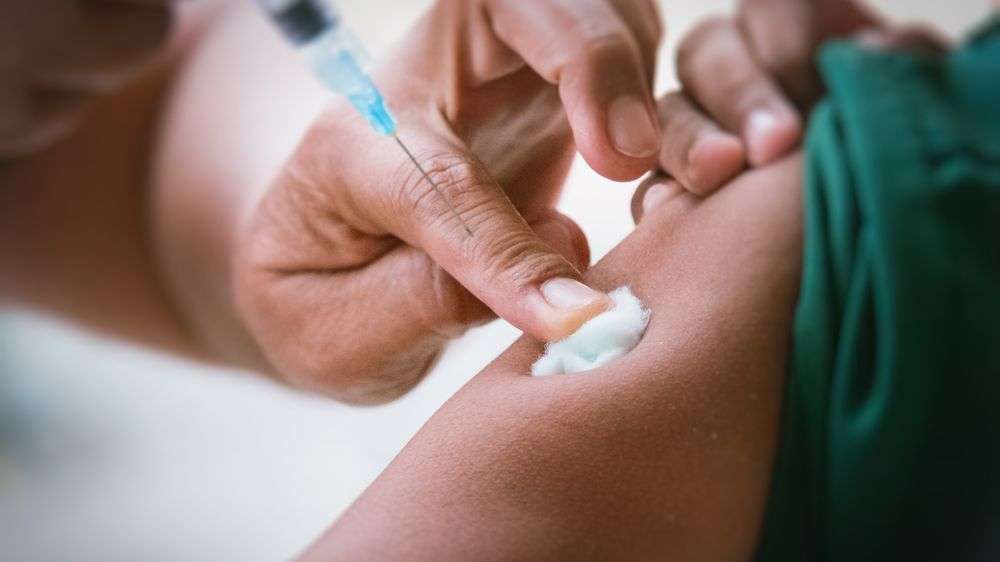One AIDS Vaccine Using messenger RNA (mRNA) technology, researchers have shown the first promising results in animals, the researchers announced last Thursday (9).
The vaccine has been taken into consideration Safe After administered to monkeys, the risk of infection due to exposure was reduced by 79%. However, the immunization Requires improvement before being tested on humans.
“Despite nearly four decades of efforts by the global scientific community, finding an effective HIV vaccine remains an elusive goal,” said immunologist Anthony Fauci, study co-author and White House health crisis advisor.
“This experimental mRNA vaccine combines several features that could overcome the failures of other experimental HIV vaccines and represents a promising approach,” the director of the US National Institute of Allergy and Infectious Diseases (NIAD) added, in a note. The study was published Thursday in the prestigious journal temper nature.
Test results
Scientists from this institute worked with researchers from the US company Moderna responsible for one of the most widely used vaccines against Covid-19.
The vaccine was first tested in mice and then monkeyswho received multiple booster doses over the course of a year. Despite the high doses of the mRNA, the product was well tolerated, causing mild side effects such as temporary loss of appetite.
By week 58, all monkeys had developed detectable levels of antibodies. From week 60 onwards, animals were weekly exposed to the virus through the rectal mucosa.
Because monkeys are not susceptible to HIV-1 that infects humans, the researchers used another similar virus, human immunodeficiency virus (HIV).
After only 13 weeks Two out of seven immunized primates did not become infected. While others who were not vaccinated became ill after about three weeks, those who were vaccinated took an average of eight weeks.
The study confirmed that “this level of risk reduction can have a significant impact on transmission of the virus.”
How does the vaccine work?
The vaccine works by providing the body with genetic instructions, which leads to the formation of two types of proteins characteristic of the virus. These viruses assemble into specific pseudovirions (VLPs), which mimic infection to stimulate an immune system response.
The scientists noted, however, that the levels of antibodies produced were relatively low, and that a vaccine that would require multiple injections would be difficult to apply to humans.
They also hope to improve the quality and quantity of the resulting VLP, before testing the vaccine in humans.

“Hardcore beer fanatic. Falls down a lot. Professional coffee fan. Music ninja.”


:strip_icc()/i.s3.glbimg.com/v1/AUTH_59edd422c0c84a879bd37670ae4f538a/internal_photos/bs/2024/J/4/6xrxiCSsSIrsW8q0diQQ/ap24120647136005.jpg)


:strip_icc()/i.s3.glbimg.com/v1/AUTH_59edd422c0c84a879bd37670ae4f538a/internal_photos/bs/2024/M/g/EmoJ6mRqC2Ba0enzS16A/globo-canal-5-20240421-1859-frame-176327.jpeg)

More Stories
Opening of the 5th CNCTI Central-West Conference on Community Mobilization and Science, Technology and Innovation Sector — Ministry of Science, Technology and Innovation
Women suffer from lung damage after having eyebrow plastic surgery
A 3.7 billion-year-old magnetic field record gives clues about the formation of life on Earth